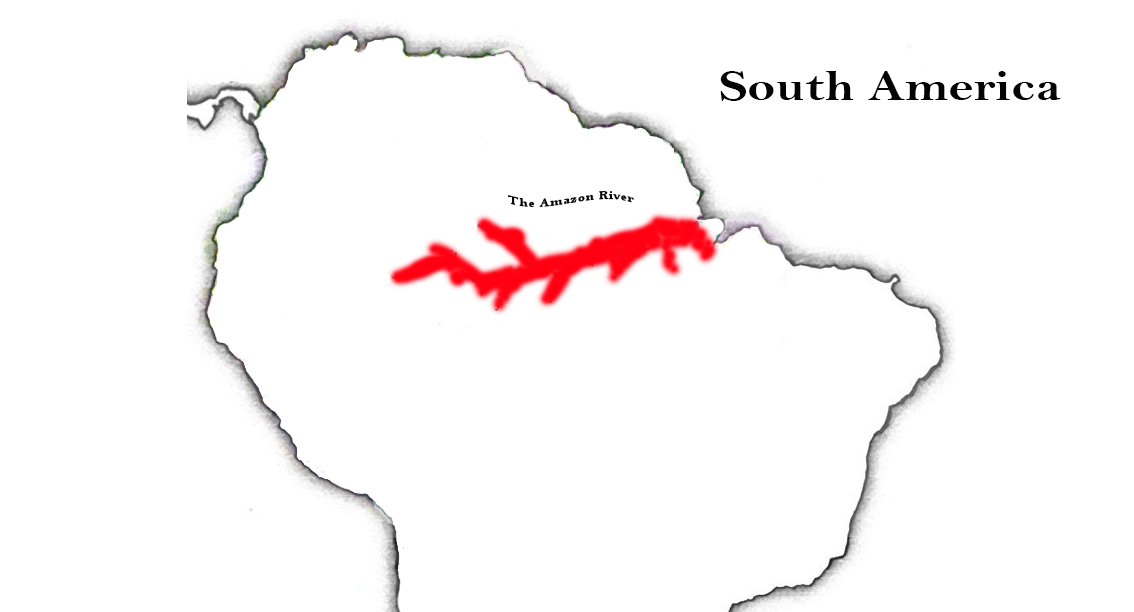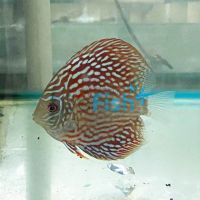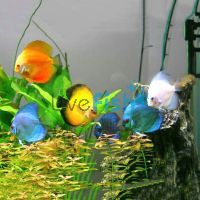Discus Care
At least three species have been recognized, while the legitimacy of multiple species' scientific names is currently being debated.
Discus have a reputation as being difficult to keep due to their specific water chemistry and food demands, and whilst it is true that wild caught discus can be difficult to keep. However the discus we provide are captivity bred and are more accepting of prepared foods and more tolerant to a wider range of water conditions which makes them much easier to keep.
Discus, however are still not a fish for novices; instead, we recommend them for people who have prior experience keeping fish.
There are various color variants available now, and more are being created via selective breeding.
Captive bred discus will couple up and spawn fairly easily; although, it is not unusual for immature parents to consume the eggs, which appears to be more likely if other fish are present in the tank.
For the first several days after hatching, the young will feed on body mucus released by the parents until they begin free swimming.
Natural Habitat

Discus may be found throughout the lowland Amazon River basin and parts of its tributaries, notably the Rio Negro, in floodplain lakes and flooded woodlands.
Seasonal flooding causes dramatic variations in water level in some places.
Discus tend to concentrate among fallen trees along the coast, known as "galhadas."
They love calm water and are seldom encountered in places with strong currents or waves.
Behavior/Compatibility for Discus
Discus are typically gentle fish, although like cichlids, they may be aggressive toward one another, particularly when seeking to couple off and reproduce.
If shy or submissive fish are unable to compete, they should be removed.
Most serious enthusiasts do not mix discus with a wide variety of other species.
A shoal of Emperor or Cardinal tetras, some loaches like the Clown Loach, and dwarf cichlids such as Balloon Blue Rams or Balloon Electric Blue Ram all make good aquarium companions. All of these fish can withstand the higher temperatures and low pH/hardness that discus require.
Small to medium-sized catfish, such as Corydoras catfish, are also ideal tank mates, but keep in mind that Discus are still members of the Cichlid family and should not be housed with very small fish that may fit in their mouths since they may end up as a meal.
Many people prefer to keep Discus in a separate aquarium from other species.
Housing Discus and Aquarium Fish Tank Set-up Tips
Tank
Discus may grow to be pretty big, requiring a 284 liter (75-gallon) aquarium or bigger when fully mature. As with all fish the larger the aquarium the better.
To keep the water quality good and ensure you have a low maintenance fish tank that doesn't need excessive water changes, we recommend using a 2.5cm (1”) to 7.5 litres (2 gallons) rule when stocking your tank.
It’s also worth noting that it’s generally recommended to keep a minimum of 5 discus together. If you are keeping a larger number of juveniles together ensure that you rehouse them in other tanks as they mature. The below table is recommended stocking levels for mature discus.
Recommended Max Fish Count Tank Volume 5 Discus 284 litres (75 gallons) 8 Discus 341 litres (90 gallons) 11 Discus 454 litres (120 gallons) 14 Discus 568 litres (150 gallons) ROW OF CELL THAT CONTAINS DATA 19 Discus 795 litres (210 gallons) Base
Discus like to forage for food near the bottom, the substrate should be sand or fine to medium grade, smooth-surfaced pebbles.
Foliage
Large broadleaf aquarium plants and driftwood arranged vertically to resemble felled branches and trees should be included in the aquarium décor.
A few floating plants can also be placed for shade and shelter.
Water
Discus love water that is warm, soft, and acidic, with a gently current.
The pH should be between 6.0 and 7.0, and the hardness should be between 1° and 4° dKH (18 to 70 ppm). Which you can monitor these with water quality testing kits.
The water temperature should be kept between 27.7° C and 30° C (82° and 86° F).
To keep the water temperature stable, we recommend using an Aquarium Water Heater.
While dechlorinated tap water can be used to keep captive-bred discus, reverse osmosis or deionized water treated with a water conditioner like Easy Balance Plus will give the ideal conditions.
Discus do require excellent water quality, and so weekly water changes of 10% to 25% are strongly suggested along with regular siphon vacuum gravel cleaning.
Feeding and Care
In the wild, discus eat a lot of plant material and debris, but they also forage at the bottom for worms and tiny crustaceans.
They are omnivores and there are some specialist Discus foods available that we supply such as Dainchi Discus Baby pellets and Vitalis Discus pellets. Discus will also happily accept Spirulina flakes, other cichlid foods, algae wafers, and shrimp pellets.
Frozen and live food should be provided as treats or to aid in the induction of spawning. Varying their diet on a regular basis and giving them only what they can take in 2 to 3 minutes, once or twice a day will keep your discus happy and healthy.
Great reasons to keep Discus in your tropical fish tanks
- Discus are always the focal point in any tropical fish aquarium.
- These fish come in a wide range of brilliant colors and designs.
- Discus are a terrific species to keep, whether you want to breed them or simply enjoy their beauty.
Will you go for one of our assorted Discus packages or some vibrant Golden Sunset Discus and some stunning Solid Blue Diamond Discus to feature in your tank.





